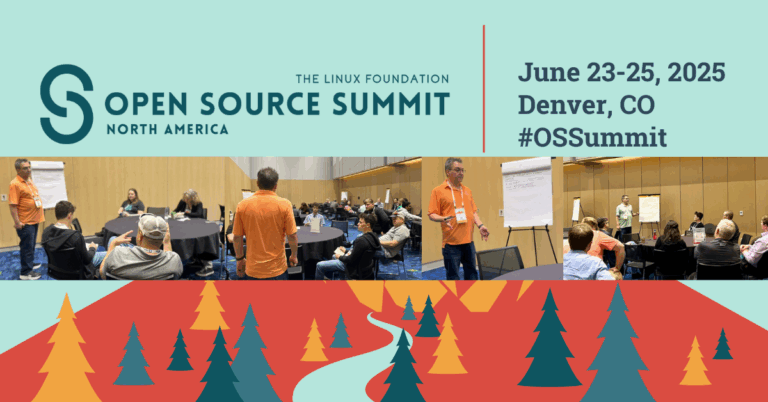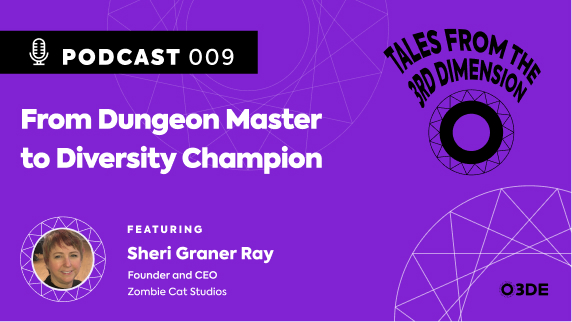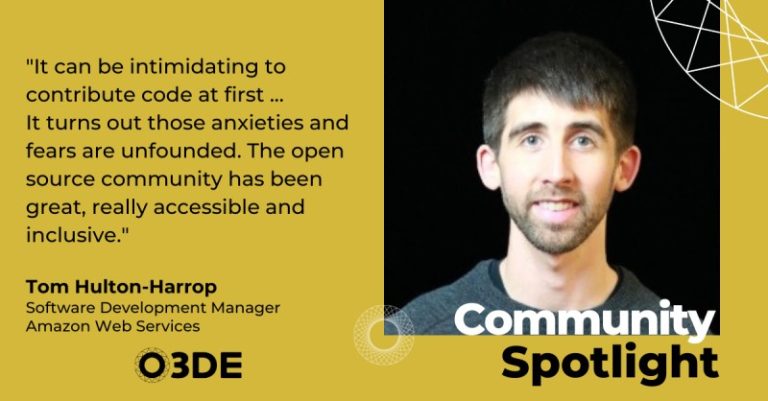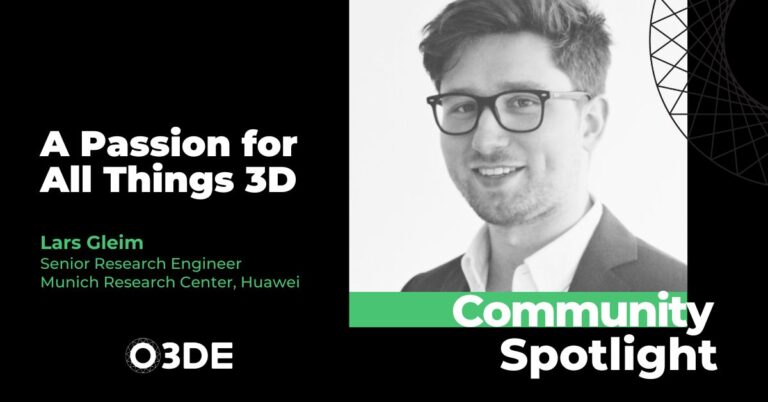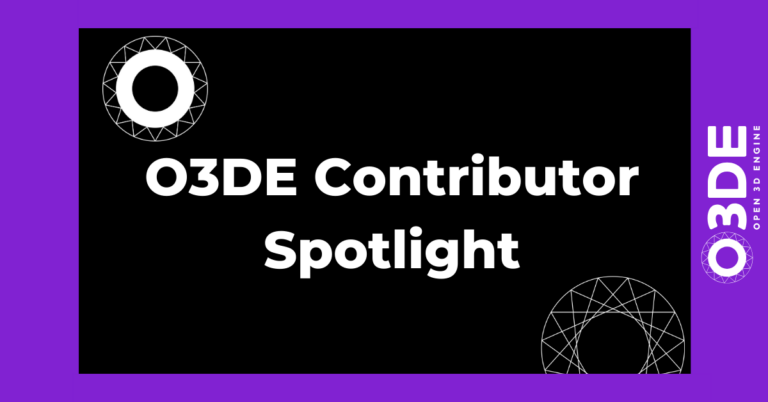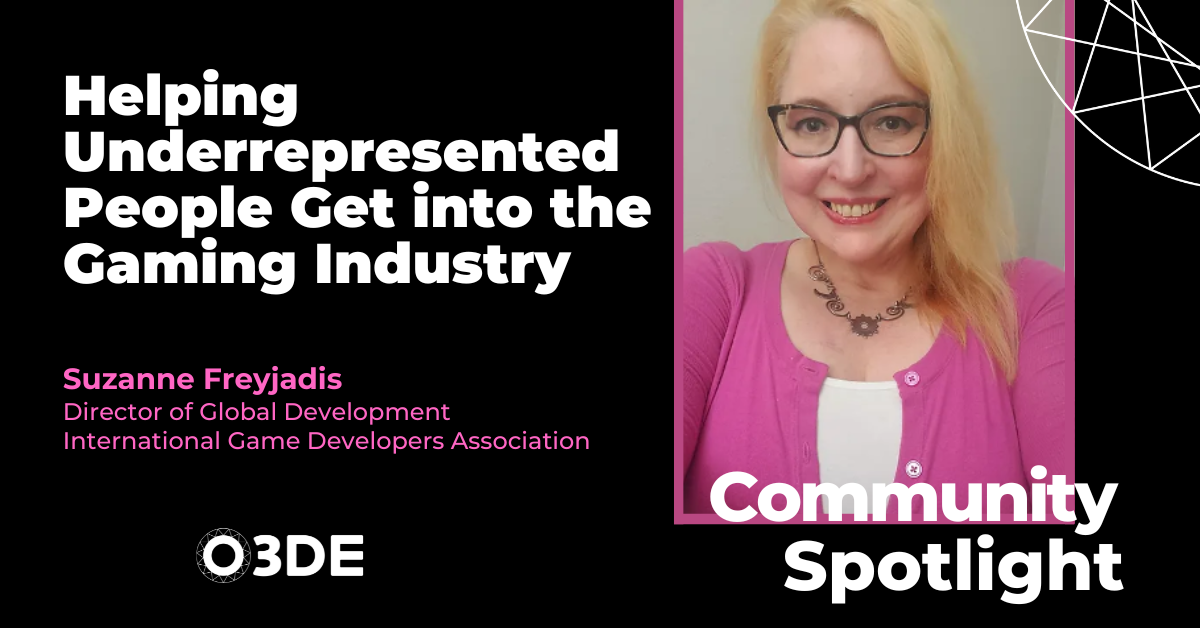
Following her graduate thesis on the exclusion of women in the gaming industry, Suzanne Freyjadis decided to tackle the problem head on.
She led the Women’s Game Conference in 2005, shedding light on career paths for women in the gaming industry, promoting gender-inclusive game design, and bringing women players from E-Sports into a women’s conference for the first time. She later formed the Game Education Conference and worked with the academic community to shape and advance game studies and curricula at the university level.
Today, Suzanne is the Director of Global Development at the International Game Developers Association (IGDA), where she is helping democratize game development, boost equity and inclusion in the gaming industry, and provide opportunities for those who have historically been underrepresented and underserved.
How did you get involved with IGDA?
I’ve been a contributing member for a really long time and was head of IGDA’s Game Education SIG [Special Interest Group] for a decade.
I really love the mission and vision of IGDA, what it stands for, and what it can do for society. So, when my current position opened up and there was an opportunity to be more directly involved, I jumped at it.
What are your responsibilities as IGDA’s Director of Global Development?
I oversee IGDA’s chapters and SIGs, all 159 of them! I produce a podcast. I run the global mentorship program and host mentorship cafés at GDC and other industry events. I write visa letters for game developers who have job offers to work in the United States. And I’m in charge of PathfindinGS, which is a game industry conference focused on the Global South.
Your educational background is in humanities, international relations, and women’s and gender studies. What drew you into the gaming industry?
I’ve always been passionate about diversity and inclusion, and wanted it to be the focus of my graduate thesis. After initially looking into women in skateboarding – which turned out to be somewhat depressing, because they’re incredibly marginalized – I read a book by Sheri Graner Ray about gender-inclusive game design. I was in Austin at the time and found a group of women who were active in the gaming community. There was some positive momentum for women in the industry but still plenty of gaps, so that became the focus of my thesis.
How have things changed since then?
The sad thing is my thesis is just as relevant now as it was back then. There is still positive momentum for women in gaming, but I would like to see parity.. Women represent 30 percent of the game industry workforce, according to the IGDA, which is an improvement, but they still have difficulty breaking in, being treated equally, and advancing into senior roles.
Do you think open source platforms like Open 3D Engine (O3DE) are helping level the playing field?
Absolutely. IGDA is an associate member and big supporter of O3DE. We have similar visions, and open source platforms are an effective way to democratize game development and provide opportunities for everyone to get involved.
A lot of IGDA members are one- or two-person game development startups that have no budget. There are a ton of game development studios in Africa and Latin America, both small and large, that can’t afford the licensing and royalty fees of commercial engines. And there are countless students, recent graduates, and other young people who have talent and drive but also financial constraints.
O3DE is really appealing to them.
Through IGDA chapters and SIGs as well as industry conferences and associations, you talk with people all around the world. What do you tell them about O3DE?
I tell them it’s a world-class development platform that continues to evolve and get better. I tell them it’s completely free. And I tell them to get involved, whether it’s a hackathon-style O3DE Jam or ongoing community contributions.
You’ve had some harrowing life experiences, and it sounds like games have helped you get through them.
Yes. I am a survivor of cancer and a long-term abusive relationship. I’ve had to relearn how to walk – twice – after being placed in a six-week coma following cancer surgery.
So, I’ve been to hell and back more than once, but I’m incredibly resilient and persistent. And games have certainly helped.
As I was recovering from cancer and mustering the will and courage to leave an abusive marriage, I created a game – a new form of solitaire. The game includes a card that represents me, and to win the game, I have to put myself first.
It took me a year of playing the game to win, and to finally leave. It’s been hard at times, but mostly rainbows ever since.
We’re so glad to hear it. What advice do you have for others who aren’t in an ideal situation, or who have been underrepresented and underserved?
Put yourself first, and find as many ways as possible to get your voice heard.
If you’re looking to get into the gaming industry, participate in SIGs and community groups. There are Women in Games, Latinx in Gaming, The Black in Gaming Foundation, and other organizations focused on inclusion and empowerment. And there are lots of opportunities to get involved with IGDA and O3DE.
Suzanne Freyjadis
Director of Global Development
International Game Developers Association
